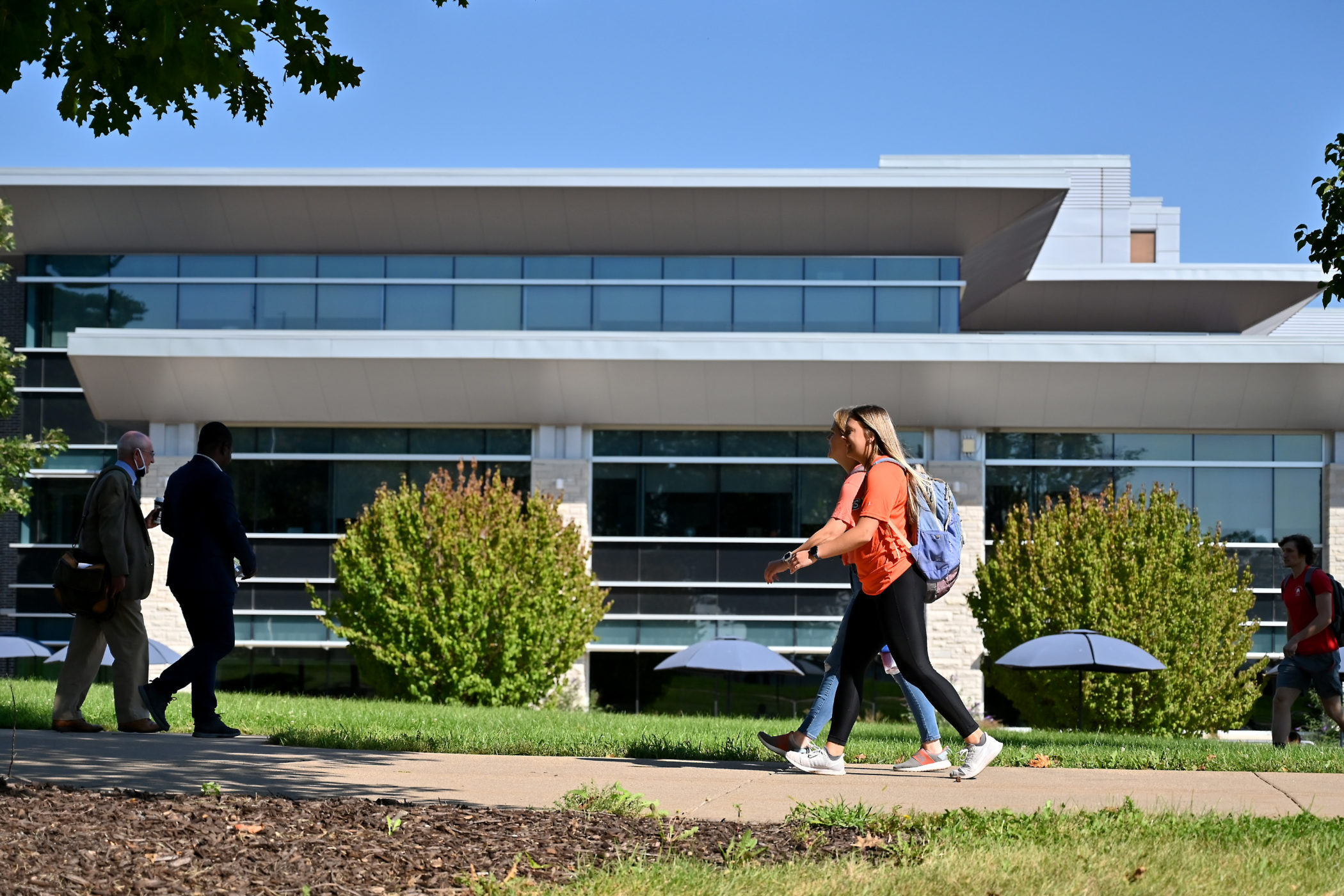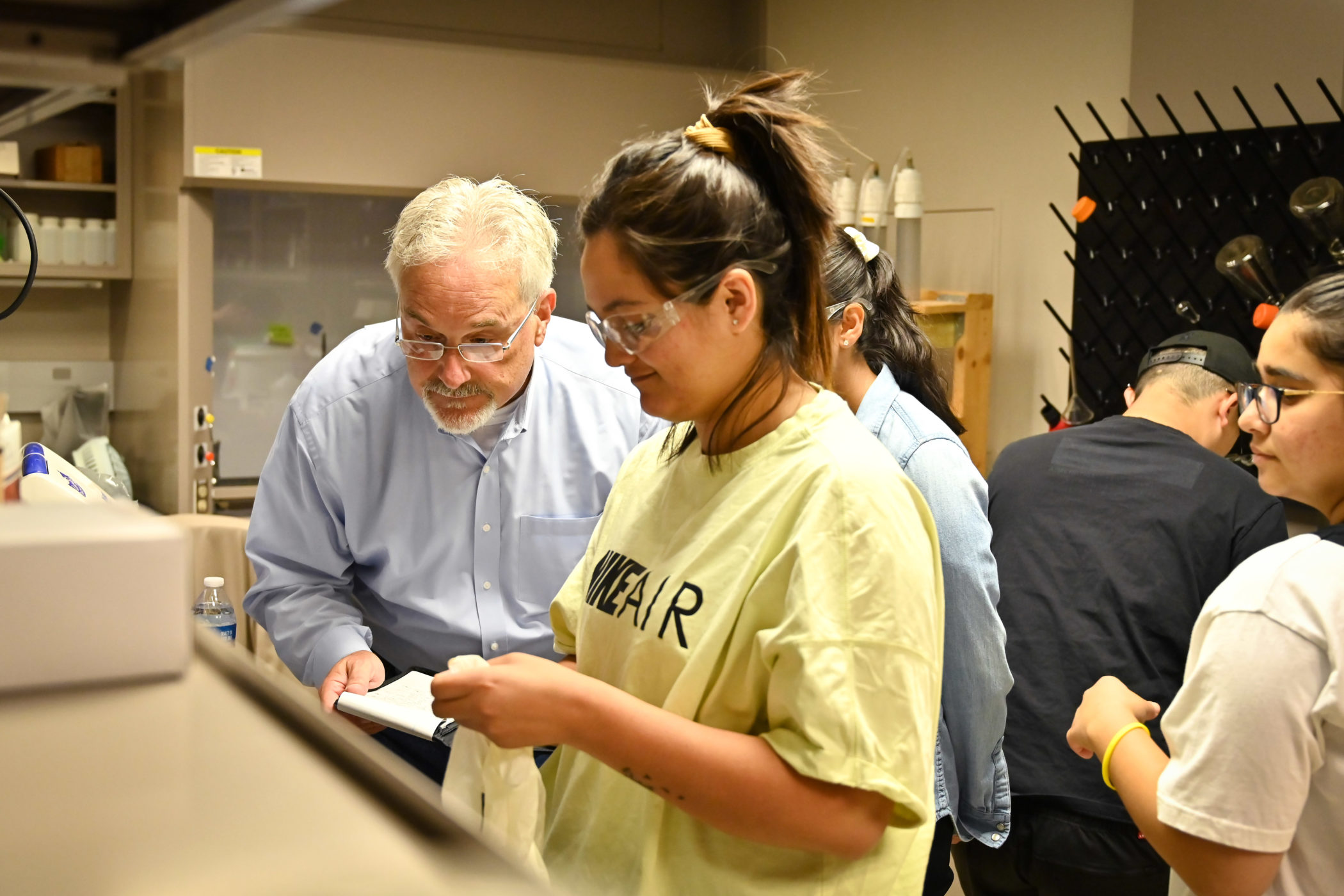10 higher education institutions playing a key role in promoting innovation, entrepreneurship in rural America
We’ve assembled a list of 10 rural colleges and universities across the country that are playing a key role in promoting technology, innovation, and entrepreneurship on their campus and in their communities.
Innovation and tech economies are the key to rural America’s future — and rural institutions of higher education (IHEs) can play a critical role in building the ecosystems that support this work. While many rural communities have been left out of the country’s digital revolution, higher ed institutions bring the resources and expertise that can power small towns’ transition into places of tech-based opportunity.
Rural higher education institutions
We’ve assembled a list of 10 rural IHEs across the country that are playing a key role in promoting technology, innovation, and entrepreneurship on their campus and in their communities. While our Rural Innovation Network (Network) is home to 29 rural IHEs, this list expands beyond our Network and highlights the work being done on rural campuses throughout the U.S.:
- Northern Michigan University (Marquette, Michigan)
- University of Idaho Coeur d’Alene and North Idaho College (Coeur d’Alene, Idaho)
- Colby College (Waterville, Maine)
- SUNY Cobleskill (Cobleskill, New York)
- Central Washington University (Ellensburg, Washington)
- Franklin Pierce University (Rindge, New Hampshire)
- James Madison University (Harrisonburg, Virginia)
- Pittsburg State University (Pittsburg, Kansas)
- St. Mary’s University of Minnesota (Winona, Minnesota)
- University of Maine (Orono, Maine)
These rural IHEs — and many others across the country — are proving that when institutions make strategic decisions aimed at the economy of the future, they can serve their communities, their students, and help pave a more prosperous future for rural America.
What it takes to build an ecosystem
We’ve identified four key pillars of innovation ecosystem building that many of these rural IHEs have established to support the local digital economy.
1. Formal accelerator and incubator programs
Directly supporting entrepreneurs, these programs provide the knowledge and resources needed to launch and scale businesses. Check out what SUNY Cobleskill did by partnering with a local nonprofit called the Center for Agricultural Development and Entrepreneurship to drive financial resources to startups — the partnership has facilitated $600,000 in funding to businesses and served 500 entrepreneurs.
2. Physical space and co-location
These important physical spaces can be launching pads for entrepreneurs and help create a visible place for entrepreneurial culture to develop. Check out Bricks Coworking space in Waterville, Maine, where burgeoning entrepreneurs and recent graduates from Colby College and Thomas College are getting the support they need to get their startups off the ground.
3. Digital skilling programs
To provide a diverse pool of talent and resources for entrepreneurs, digital skilling programs can help develop the local workforce. Check out Inspire Idaho, which was created by the University of Idaho Coeur d’Alene. Inspire Idaho is a volunteer-run program that supports local residents seeking new opportunities in the digital economy by teaching them the Apple iOS programming language and how to build an app.
4. Collaboration within and across institutions
By forming collaborations with local organizations, IHEs can play the role of champion and convener — telling stories, facilitating intersections, leveraging resources, and building culture. Learn more about Northern Michigan University’s SISU: The Institute for Innovation at NMU. SISU brings together students and faculty from all disciplines and gives them the “freedom to be visionary and entrepreneurial.”
To learn more about these IHEs and the work they’re doing to support innovation and entrepreneurship across rural America, download the report we wrote in partnership with the Sorenson Impact Center.
Stay connected
At the Center on Rural Innovation, we are working with rural communities across the country to help position them to thrive in the 21st-century digital economy. To learn more about our work in this space, be sure to check out our blog and sign up for our newsletter.








